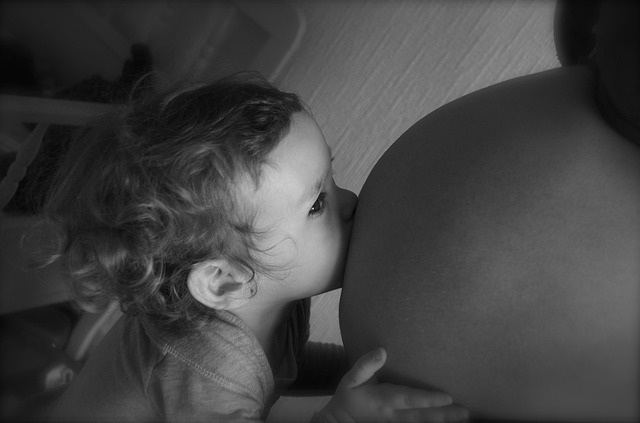In a recent chat with Today.com, Dr. Emily Carson, a reproductive endocrinologist, shared her personal experience of freezing her eggs at age 31. Despite her expertise in the field, she admitted to feeling a wave of anxiety when it came time to consider the procedure.
“The thought of testing my ovarian reserve was daunting,” Carson recalled. “I was apprehensive about the testing process and the possibility that my ovarian reserve could be low. It was definitely a nerve-racking moment for me.”
When Should Women Consider Freezing Their Eggs?
So, when should women think about freezing their eggs? Ideally, it’s best to consider this option in your early to mid-30s, when fertility is typically at its peak. At our clinic, women have the opportunity to freeze their eggs between the ages of 30 and 40. Individual circumstances, such as medical history and ovarian reserve, can influence the timing.
What Does Ovarian Reserve Testing Entail?
Every woman is born with a finite number of eggs—around 1 to 2 million—and this number declines over time, particularly after age 35. As this decline occurs, the quality of the remaining eggs can also diminish, leading to a higher chance of chromosomal abnormalities. Ovarian reserve testing assesses hormonal levels relevant to your age, helping to determine whether your egg supply is adequate.
“I encourage my patients to take charge of their fertility,” Carson emphasized. “Having the option to preserve my fertility has given me the freedom to plan my family at my own pace. I can focus on my career and find the right partner without feeling rushed into starting a family.”
Steps to Consider if You’re Thinking About Egg Freezing
If you’re considering egg freezing, the first step is to book an appointment with a specialist to evaluate your ovarian reserve. After discussing the results, if egg freezing is deemed appropriate, you’ll work with your physician to create a timeline for the process. Generally, it takes about a month to complete, with the most intensive part lasting only 10 to 12 days.
Many women worry that the egg freezing process will disrupt their daily lives, but Carson reassures that “it’s less disruptive than most people think.” Typically, it requires around two weeks of commitment, with appointments often scheduled for early mornings, making it easier to fit into a busy schedule. However, you will need to take one day off for the egg retrieval.
“Even though I was nervous about the whole process, I don’t regret my decision at all. I feel empowered knowing I’ve invested in my future family,” she concluded.
Additional Resources
For more information on Dr. Carson’s egg freezing experience, or to explore the egg freezing process yourself, check out resources like this excellent guide on IUI and learn about conceiving with one fallopian tube. If you’re interested in products that can assist you on your journey, visit Make a Mom.
Summary
Dr. Emily Carson discusses her decision to freeze her eggs at 31, highlighting the emotional rollercoaster and the empowerment that comes with fertility preservation. She encourages women to take proactive steps in their family planning while balancing their personal and professional lives.

